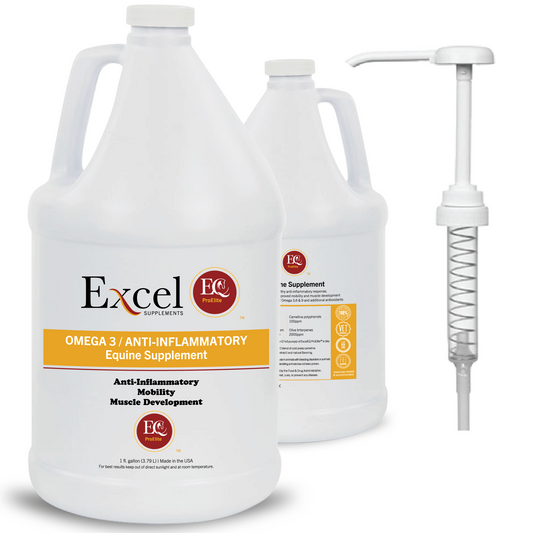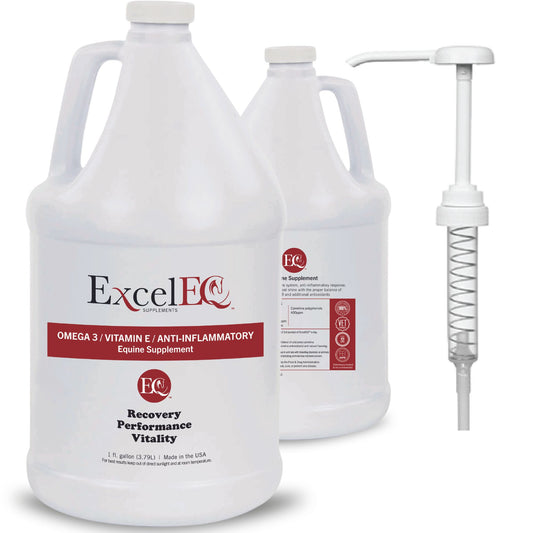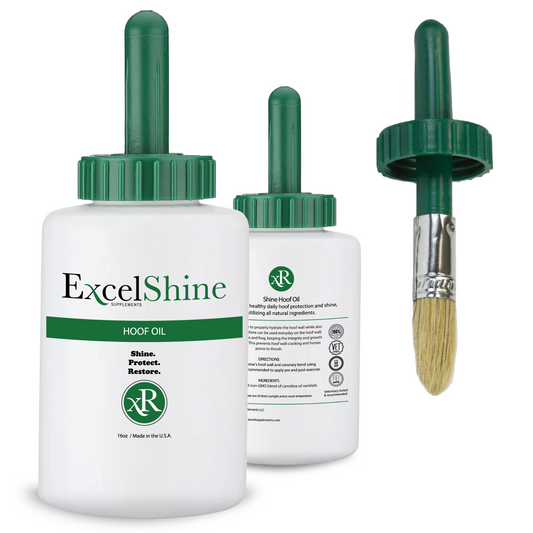Comprehensive Guide to Horse Deworming: Essential Steps and Tips
Share
Deworming your horse is crucial for maintaining their health and well-being, but with various opinions and approaches, it can be challenging to know where to start. This guide provides clear information on deworming your horse, including signs of parasitic infections, common worms, and how to create an effective deworming schedule.
Recognize the Signs of Worms in Your Horse
Horse owners are adept at spotting when something seems off with their horses. Parasitic infections can range from mild to severe, and recognizing the signs early can prevent serious health issues. Common symptoms of a parasitic infection in horses include:
- Dull Coat
- "Pot Belly"
- Chronic Colic Symptoms
- Respiration Issues
- Lethargy
- Loss of Appetite
- Weight Loss
- Diarrhea or Constipation
- Anemia
- Excessive Tail Scratching
- Visible Parasites in Stool
For more detailed information on each type of worm, visit KBHH's comprehensive worm guide.
Most Common Worms in Horses
Small Strongyles: The Primary Equine Parasite
The most prevalent worm found in horses is the Small Strongyle, also known as Small Redworms. These parasites have become significant in recent years, affecting many adult horses.
Developing a Horse Deworming Program
Understanding Historical Deworming Practices
Traditional deworming programs focused on rotating anthelmintics—medications designed to kill parasitic worms—at regular intervals. According to the National Center for Biotechnology Information, these programs were effective against large strongyles, which were the primary parasitic threat over 50 years ago. The aim was to prevent these worms from maturing and laying eggs that could contaminate pastures. However, as strongyles have become less common, the focus has shifted to other parasites.
Modern Deworming Strategies
Small strongyles and Parascaris now pose significant threats to horses, with the latter affecting foals and weanlings. Anoplocephala perfoliata, a type of tapeworm, is known to cause ileal colic in horses. Modern deworming strategies must address these evolving threats.
How to Determine the Worms in Your Horse
Fecal Egg Count Testing
Fecal Egg Count (FEC) tests analyze your horse's manure to identify the presence of parasitic eggs and determine the type of worms affecting your horse. While traditional FEC tests provide valuable information, they may not detect all parasites, such as pinworms, which do not release eggs.
Martin K. Nielsen, in Robinson's Current Therapy in Equine Medicine, highlights the importance of Fecal Egg Count Reduction Tests (FECRT) for detecting anthelmintic resistance. This resistance occurs when worms survive treatments that are generally effective, leading to an increase in resistant parasites.
At-Home Testing Options
New at-home FEC kits allow you to perform the test yourself and send samples to a veterinary lab for analysis. This can provide quick insights into the type of worms present and guide your treatment plan.
Creating an Effective Deworming Schedule
Consultation with Your Veterinarian
Work with your veterinarian to develop a deworming schedule tailored to your horse's needs. Share FEC test results to create a targeted parasite control regimen. Regular fecal testing is essential for monitoring and adjusting your deworming strategy. The outdated practice of rotating dewormers every two months is no longer recommended, as it has contributed to drug resistance.
Risks of Not Deworming Your Horse
Failing to deworm your horse can lead to severe health issues, including colic, poor nutrient absorption, and respiratory problems. It is essential to maintain a regular deworming schedule to prevent these risks.
Observing Worms in Horse Manure
Serious infestations may result in visible worms in your horse's manure. If you observe live or dead worms, consult your veterinarian to discuss appropriate treatment options.
Choosing the Best Dewormer for Your Horse
The most effective dewormer will target the specific parasites identified in your horse. Consult with your veterinarian to select the best treatment based on test results and your horse's individual needs.
By understanding and implementing these practices, you can ensure your horse remains healthy and free from harmful parasites.






